North Korea test-fires what appears to be ballistic missile
North Korea has test-fired what appears to be a ballistic missile amid heightened tensions in the Korean Peninsula over Pyongyang's missile and nuclear programs.
"North Korea fired an unidentified projectile from a site this afternoon from the vicinity of Pukchang in Pyeongannam-do (South Pyeongan Province)," South Korea's Yonhap news agency reported on Sunday, quoting a statement released by the South's Joint Chiefs of Staff.
The South's military further said that it could not yet identify the type of the newly launched missile, the second in a week and the eighth this year, but it added that the rocket traveled some 500 kilometers.
"Our military is closely monitoring signs for additional provocation by the North Korean military and we are keeping a full military readiness," it went on to say.
On May 14, the North test-fired a Hwasong-12 intermediate-range missile, which landed in the sea between North Korea and Japan, sparking a new wave of international condemnation, particularly from Tokyo. North Korea claimed that the missile, capable of carrying a "heavy" nuclear warhead, traveled almost 800 kilometers before diving into the sea.
Analysts believe that the May 14 mid-range missile flew further than any other previous ballistic missile test-fired by Pyongyang, describing it as a leap forward for the North, which is striving to develop an intercontinental ballistic missile (ICBM).
An ICBM, by definition, is a missile with a minimum range of 5,500 kilometers, designed primarily to deliver nuclear weapons.
Read more:
Meanwhile, an official from the White House, who is currently visiting Saudi Arabia with US President Donald Trump, speaking on condition of anonymity, said that Washington had been aware of the launch, adding that the projectile was believed to be a range ballistic missile (MRBM).
The official also played down the Sunday's launch, noting that its range was less than those recently launched by the North.
"We are aware that North Korea launched an MRBM. This system, last tested in February, has a shorter range than the missiles launched in North Korea's three most recent tests," the official said.
The United States Pacific Command also said in a statement that it had “detected and tracked” the mid-range ballistic missile, which had been launched by Pyongyang at about 09:59 a.m. Hawaii local time and landed in the Sea of Japan.
The Japanese military issued a statement, saying it was analyzing the height and trajectory of the ballistic missile.

Seoul and Washington have voiced concern over the North’s missile and nuclear programs, which Pyongyang says aimed at defending itself against US aggression.
Read more:
- US hostile policy root of all problems: N Korea
- Missile tests show N Korean leader is paranoid: Nikki Haley
Tensions on the Korean Peninsula have considerably increased in the past several weeks. Washington, concerned by the North's rapidly-developing missile and military nuclear programs, has sent a provocative strike force to the Korean Peninsula. Pyongyang has said it is combat-ready. The two sides have recently traded a barrage of military threats.
At the heart of the recent tensions, Washington has called on China, which is also North Korea’s major economic benefactor, to help mount pressure on Pyongyang in an attempt to abandon its nuclear program. While Beijing has opposed any military action against the North, it has long maintained that Pyongyang should not have a military nuclear program and has recently increased pressure on North Korea by imposing sanctions of its own.
Pyongyang, already under a bundle of sanctions for its missile and nuclear programs, says it would not abandon its missile and nuclear programs unless the US ends its hostility toward the North.
The United Nations Security Council imposed its first array of sanctions on Pyongyang in 2006 and has boosted the so-called deterrent measures in response to the country's five confirmed nuclear tests and a pair of long-range missile launches. The North has already threatened to conduct a sixth nuclear test.
VIDEO | California Wildfires Leave Residents Struggling with Insurance Gaps and Housing Shortages
Leader: Palestinian patience, resistance forced Israel to back down
VIDEO | South African, Palestinian youths use sport to boost resistance
Iran welcomes Gaza truce, urges prosecution of Israeli authorities for genocide
VIDEO | Israeli airstrike on Jenin kills 6 Palestinians, injures others
VIDEO | Canada after Trudeau
IRGC: Gaza truce ‘irreparable defeat’ for Israel, great victory for Palestinians
Iran, Tajikistan presidents oversee signing of 23 MoUs to boost ties



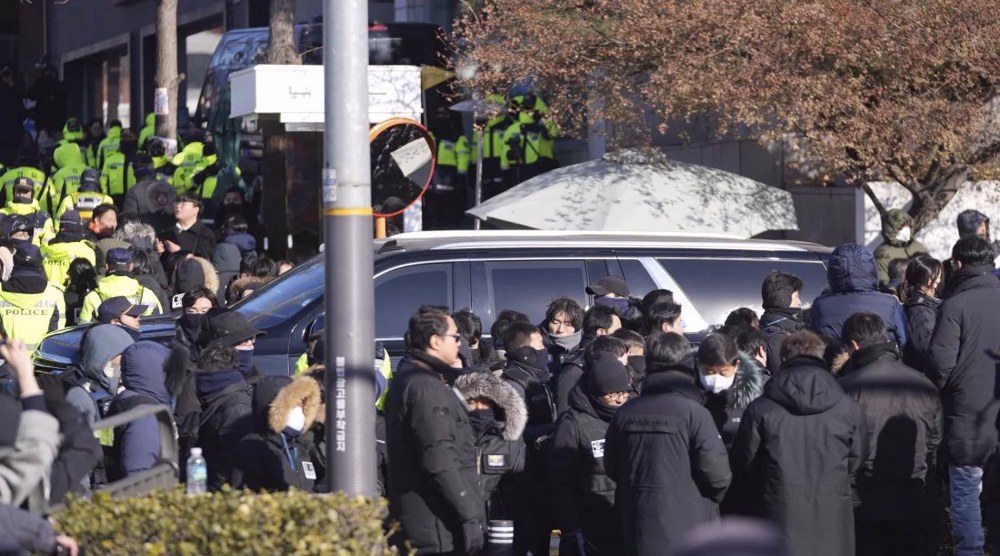
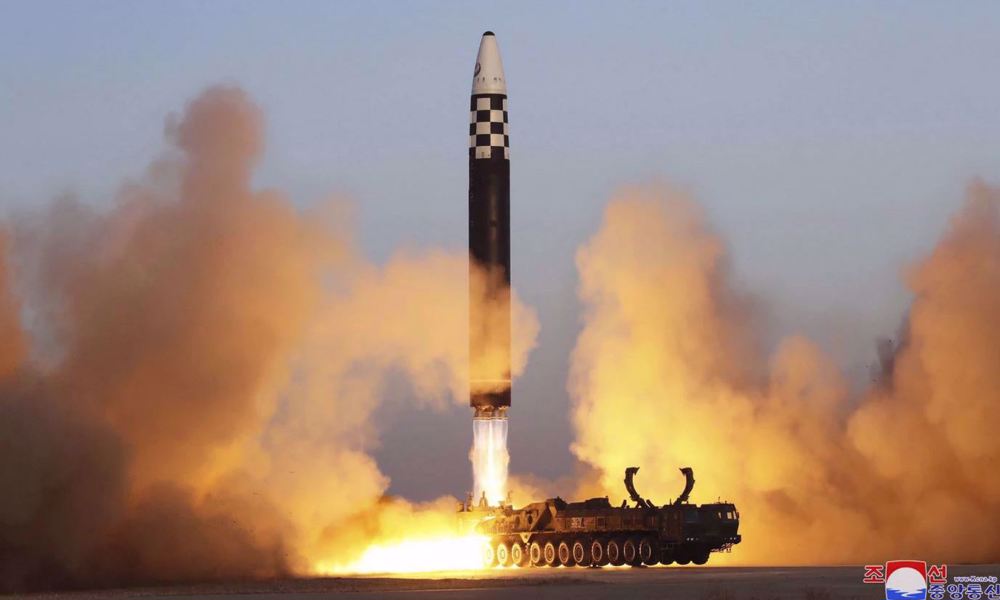
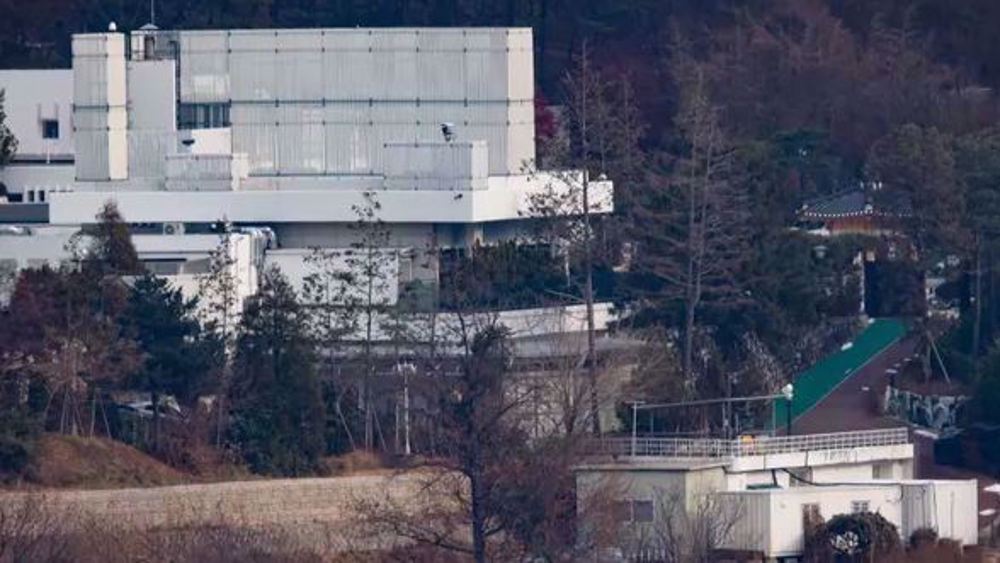





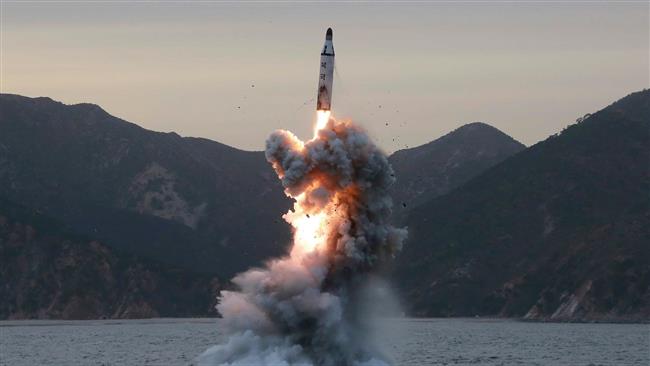
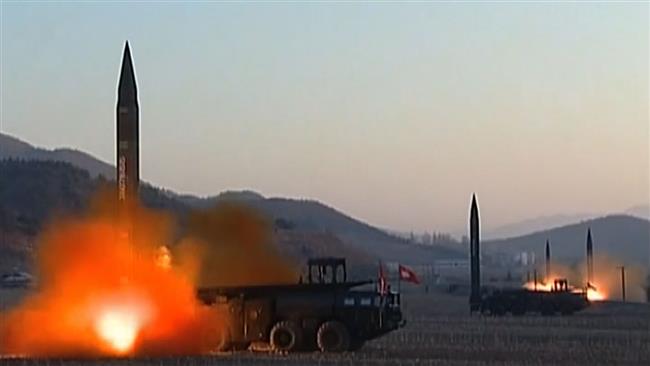

 This makes it easy to access the Press TV website
This makes it easy to access the Press TV website